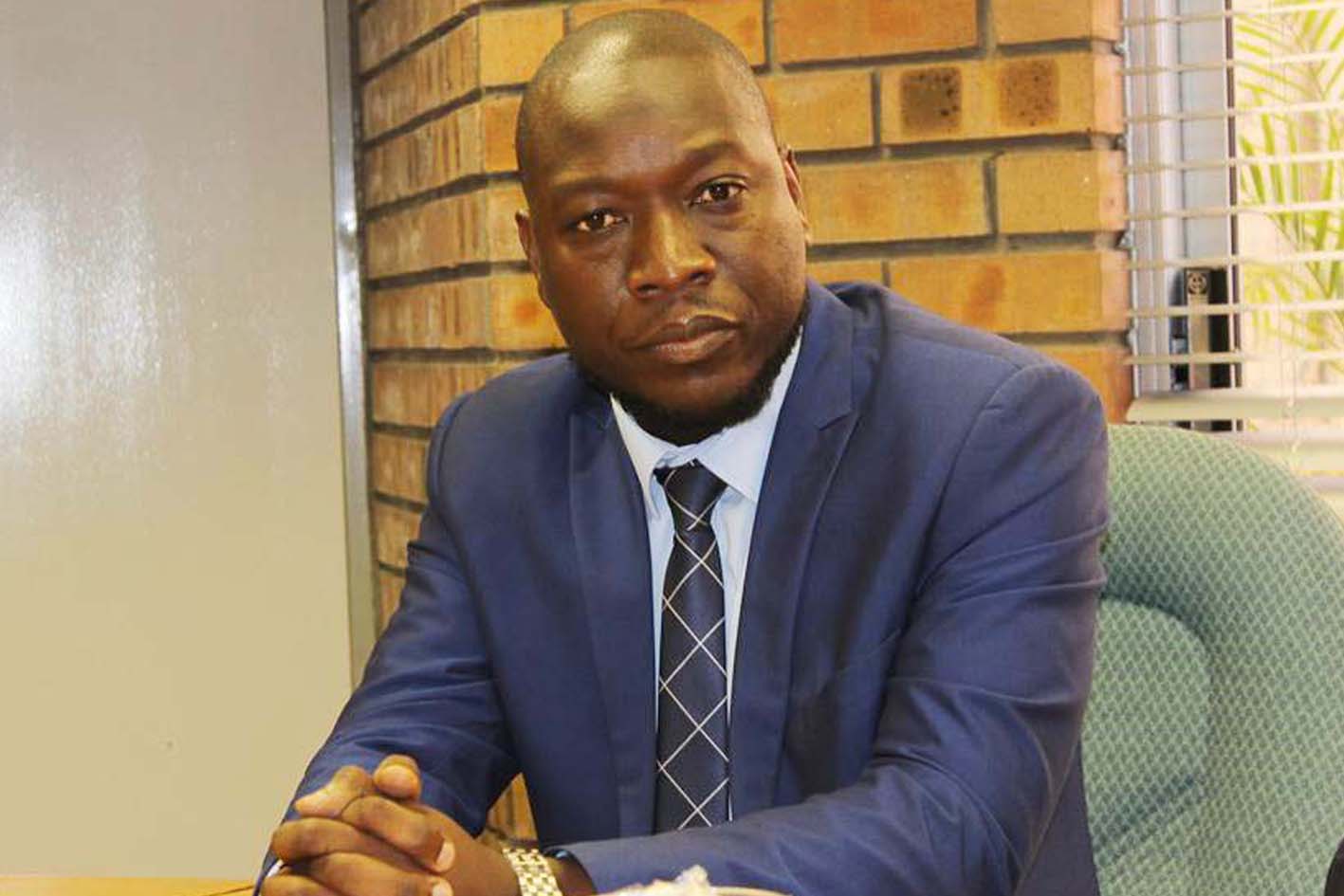Martin Endjala
Meatco Namibia has capitalized on its African Markets following the Ministry of Agriculture, Water and Land Reform directives to operationalize the Katima Mulilo and Rundu abattoir to serve as a getaway for the Eloolo abattoir for cattle farmers in the northern communal areas who are outside the redline.
Meatco recently entered into partnership with Angola, Ghana, Tanzania and Republic of Democratic of Congo, which so the northern regions supplying for its counter parts country for the last five months now, until to date.
Chief Executive Officer Mwilima Mushokabanji told a media briefing today in Windhoek that given the countless horizons that Meatco has envisaged to capitalize on, they have come up with market mainstreaming NCA strategies to diversify its brand and products to the rest of Africa including China, Europe and America.
The Rundu abattoir is nearing is completion, and it is expected to be completed during its first quarter of next year, with an approximate of 800 cattle’s needed to be mainstreamed into the Namibian economy.
Through access to local, regional and international markets in Namibia south of the veterinary Cordon fence, Africa, Middle East and South East Asia.
To date, About 14 tonnes of Africa markets went to Ghana, Angola 131 tonnes, South Africa 7 130 tonnes and DRC 2.5 tonnes.
During their 34th Annual General Meeting (AGM) held in September 2022, pertinent issues were raised by the farmers who produce and sell their cattle’s, amongst this concerns was the pricing of the cattle’s, were since 2019 until now farmers were paid in full N$ 2 billion., directly only to the South Veterinary Cordon to sustain premiums.
Given the fact that Meatco is a public institution, it was needed to be done in order to stabilize the market dynamics, by according the farmers competitive prices to compete.
Mushokabanji emphasized that due to the dynamics caused by draught and covid-19, which saw our neighboring countries Botswana and South Africa being unable to supply to Europe, China and USA.
It was for this reason that the board decided to, turn around the country, to become a less import lead country and to be an export lead country.
Thus cautioning that an import lead economy, makes a country to become less sustainable. Hence the need to capitalize on Commercialize Based Commodities (CBD) as agriculture is regarded to be a very pivotal sector in driving the meat industry which will translate into contributing to the GDP.
The disparity of prices of farmers in the southern redline zone of cattle payments currently stands at 61 per kg, while North is 36 per kg is a challenge, which the CEO has stressed that this matter is being dealt with, and it will take time before desired results are reached.
Meatco is currently competing with well advanced managed meat industries in the world, to a point were USA admitted that their systems, are said to have been acquitted by those of Meatco, hence why Namibia remains USA top supplier of beef in Africa.
Another matter Mushokabanji pointed out was the strict auditing from China and USA each year, which in his opinion said that it is one of many reasons, why the company is doing so well, because it is motivated by excellence.
Which is also cascaded to their recruitment process, of competent workers that have formed a strong formidable team, which will help in stimulating the country’s economy.
Angola is said to have imported about USD$ 9 billion of beef from Europe, which they questioned during the last visit of Angolan delegates to Meatco, that why should we spend so much if we can get the same quality of beef from Namibia at a very affordable price.
Therefore, the inter-Africa Trade is said to be the way to go and Meatco is championing it by the announced Africa market beef trade with its counterparts.
Thus urging Meatco producers and key stakeholders to remain resilient as they turn around the company.
“It is not easy, but we are working hard around the clock with the board”, Mushokabanji said.
Further assuring farmers to deliver their cattle to meatco, with financial guarantee to producers, and that farmers will be paid as stipulated by the terms and conditions.
While lamenting that the company will be financially stable and equitable access to markets and to all farmers regardless where they find themselves as per their vision.




